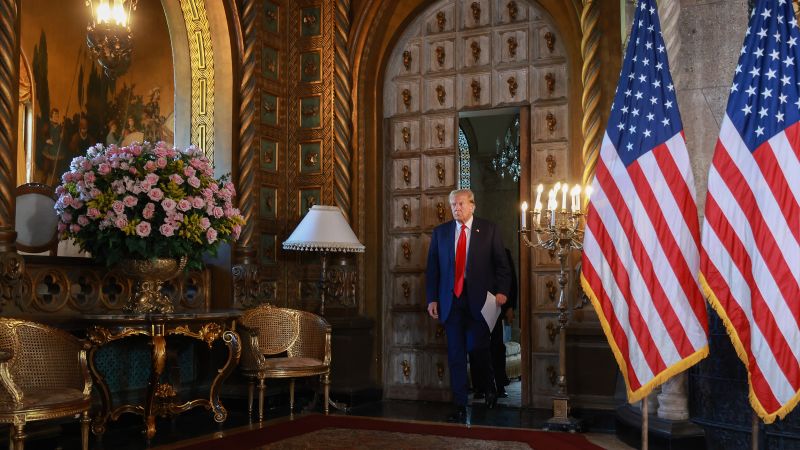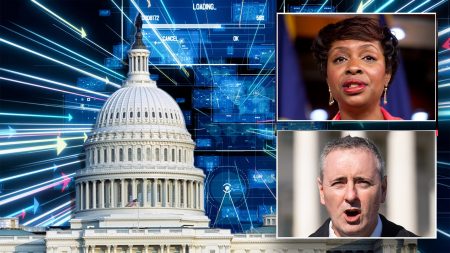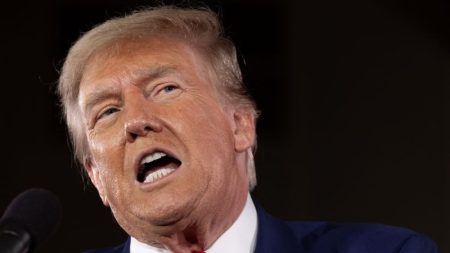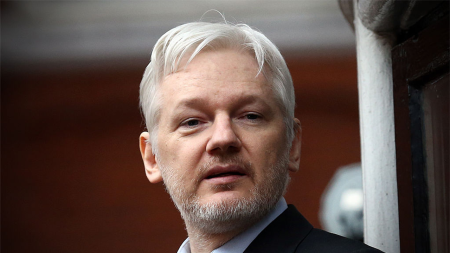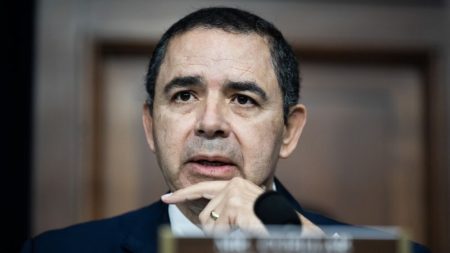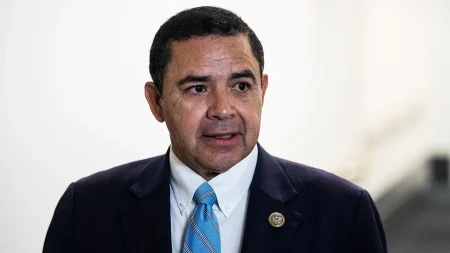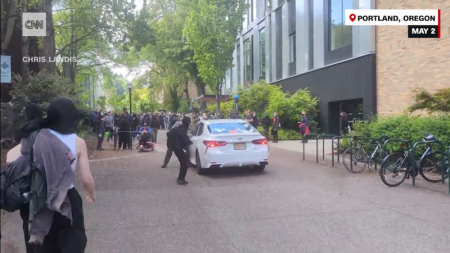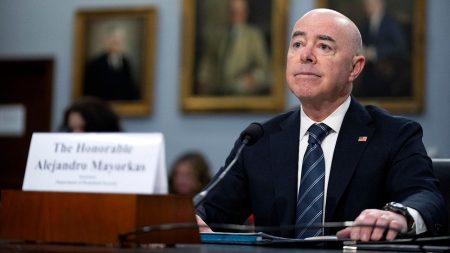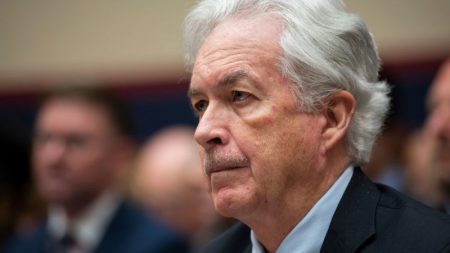Donald Trump attempted to shape the Supreme Court in his favor during his time as president, appointing justices he believed would support his agenda, such as overturning Roe v. Wade. Now, as a citizen and possible candidate, he is relying on the court for personal reasons, seeking immunity from criminal prosecution for actions taken after losing the 2020 election. This legal battle has overshadowed the current political climate leading up to the next election.
Trump has used his legal battles to portray himself as a political martyr, claiming that Democrats are weaponizing the Department of Justice against him. This has brought attention to an untested constitutional question regarding executive branch immunity and has highlighted the diminishing stature and public approval of the Supreme Court in recent years. Trump’s appointments to the federal judiciary have also shifted the legal landscape in America.
The Supreme Court has been at the center of various social and cultural conflicts, from abortion rights to Second Amendment protections. Justices have faced criticism for their behavior and decisions, particularly in cases related to Trump’s presidency. Calls for recusal have been disregarded, and delays have been implemented to benefit Trump in legal proceedings.
In the case of immunity from criminal prosecution, the Supreme Court must decide if a former president can be shielded for actions taken while in office. Lower court judges have ruled against Trump, arguing that any immunity he had as president ended once he left office. Trump’s lawyers maintain that a president cannot effectively govern if they fear post-term prosecution for official actions.
With a consequential docket for the session, the Supreme Court is facing a challenge in Trump’s immunity case. Trump’s legal team argues for absolute presidential immunity, citing historical precedents and the separation of powers. The special counsel representing the prosecution maintains that former presidents are not exempt from criminal liability and can be prosecuted for their actions in office, especially in cases of election interference or obstruction of justice. The outcome of this case will have wide-reaching implications for the balance of power between the executive branch and the judiciary.





